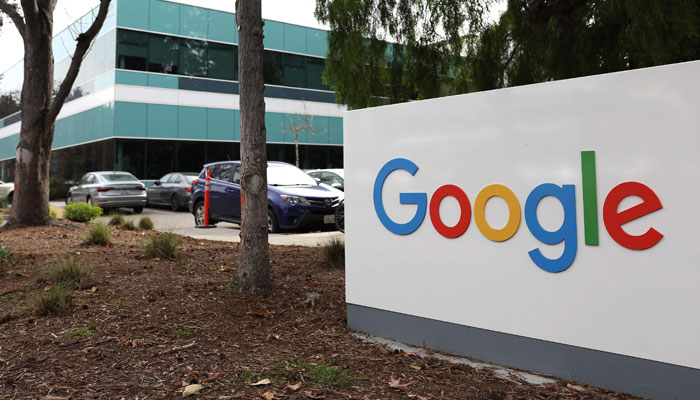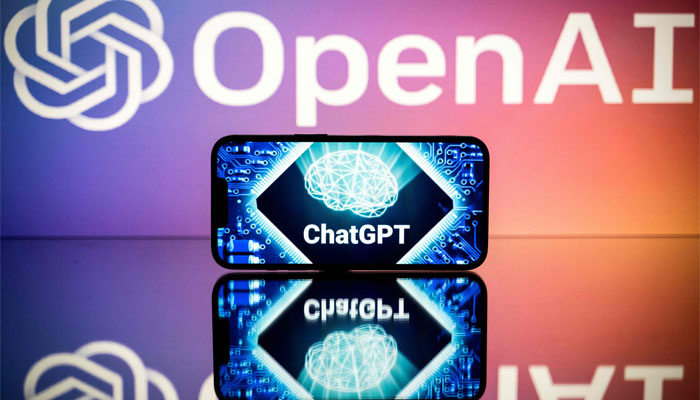Google may fall behind in race for AI supremacy, says its engineer
While our [AI] models still hold slight edge in quality, gap is closing astonishingly quickly, says Google engineer
May 06, 2023

As the race for supremacy in artificial intelligence intensifies, one of the engineers at Google said in a document that the company could not win over its competitors as the technology has become open for the public, reported Guardian.
The document surfaced online by SemiAnalysis on Discord noted that the "company had done a lot of looking over our shoulders at OpenAI," pointing towards the Microsoft-baked startup's ChatGPT.
The senior software engineer, as said by Bloomberg, also underlined that no company is in the position to win the race.
The engineer wrote: "The uncomfortable truth is, we aren’t positioned to win this arms race and neither is OpenAI. While we’ve been squabbling, a third faction has been quietly eating our lunch."

The third faction was referred to as an open-source community.
The AI technology developed by the open-source community makes their work public for anyone as they see fit.
Examples can be inferred from the Linux operating system and LibreOffice, an alternative to Microsoft Office.
"Open-source AI developers were already lapping us, citing examples including tools based on a large language model developed by Mark Zuckerberg’s Meta, which was made available by the company on a noncommercial and case-by-case basis in February but leaked online shortly after," noted the engineer.
"Since Meta’s LLaMA model became widely available, the barrier to entry for working on AI models has dropped from the total output of a major research organization to one person, an evening, and a beefy laptop,” added the document.
The document mentioned websites filled with open-source art generation models while ChatGPT and Google Bard don’t share their models with the public.
"While our models still hold a slight edge in quality, the gap is closing astonishingly quickly. Open-source models are faster, more customisable, more private, and pound-for-pound more capable," the Google worker said.
The Google worker also warned that the company had no secret sauce and that our best hope is to learn from and collaborate with what others are doing outside Google.
The engineer added: "People would not pay for a restricted AI model when free, unrestricted alternatives are comparable in quality."
EU had been warning this week about protecting basic AI research in its AI law. The European Parliament was told in an open letter by a German research group Large-scale AI Open Network (Laion) that "any rules requiring developers to monitor or control use of their work could make it impossible to release open-source AI in Europe."
The letter said that "such restrictions would entrench large firms and hamper efforts to improve transparency, reduce competition, limit academic freedom, and drive investment in AI overseas."











